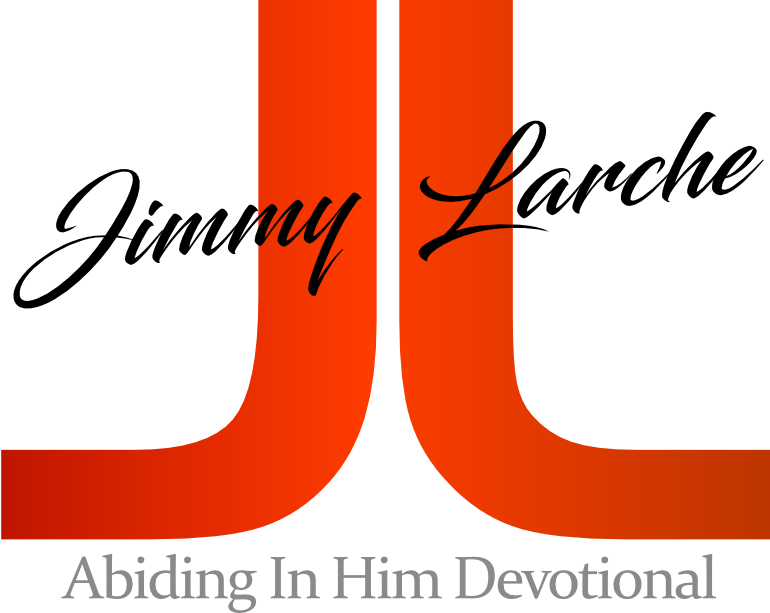When Believers Must Learn From Unbelievers
Text: Jonah 1:7-16
“Then the men feared the Lord exceedingly, and they offered a sacrifice to the Lord and made vows.” —Jonah 1:16
There has been no shortage of talk around the idea of the church looking like the world, but we don’t talk too much about when the world looks more like the church than the church itself.
What a travesty when political alliances have more unity in their agendas than brothers and sisters in Christ do with the Gospel that has been entrusted to them. What about when “the lost” demonstrate more love and kindness to the marginalized than “the saved,” or when unbelievers show more hospitality to the downtrodden than do believers? (A sharp contrast Jesus illustrated in the story of the Good Samaritan.)
Jesus rebuked those hardcore Pharisees because their rigid devotion to scriptures was nullified by a spiritual blindness that was juxtaposed by the fact that tax collectors and prostitutes where entering the kingdom of God before them (Matthew 21:31). I’m remembering where Paul told Timothy that one who is negligent in providing for their own household is “worse” than unbelievers (1 Timothy 5:8), or when Jesus said the “sons of this world” are more shrewd than the “sons of light” (Luke 16:8). We have so many contrasts in scripture to when religious outsiders are looking more kingdom-friendly, kingdom-minded, or kingdom-principled than the insiders.
We see that contrast in the first chapter of Jonah’s story as well. Pagan sailors seem to have more sensitivity and awareness to things God is doing around them than does Jonah, who ironically is a “prophet.” They appear to have more diligence in wanting to save lives than God’s messenger, who has checked out of his missional assignment and doesn’t care all that much if the Ninevites perish without a shot at repentance. Jonah claims to “fear the Lord” (v.9), but his actions contradict his confession.
Charles Spurgeon once preached a sermon about the actions of the ship’s crewmen in this chapter. Just as the disciples did in the boat when Jesus calmed the storm (Mark 4:35-41), the shipmen around Jonah move from fearing the storm to fearing the Lord. Spurgeon described this process as an evolution of sinners being tossed upon the sea of conviction at the weight of their own sin to making desperate efforts to save themselves, to the sorrow or anguish of not being able to save themselves, to finding ultimate HOPE in the sacrifice of another on their account.
After Jonah was tossed into the sea, the immediate ceasing of the storm proved that Jonah’s God was not just real, but sovereign over all. In the most logical response to His supremacy, the crewmen “feared the Lord exceedingly,” offered a sacrifice of worship to God, and made vows to serve Him. Spurgeon went on to say:
“Brethren, I wish I had meet words with which I could fitly describe the peace which comes to a human heart when we learn to see Jesus cast into the sea of divine wrath on our account. Conscience accuses no longer. Judgment now decides for the sinner instead of against him. Memory can look back upon past sins, with sorrow for the sin it is true, but yet with no dread of any penalty to come. It is a blessed thing for a man to know that he cannot be punished, that heaven and earth may shake, but he cannot be punished for his sin.”
When I think of how Christ took all of my sins upon Calvary’s cross, how Jesus bled and died for my transgressions, the only logical response that is fitting is to worship and follow Him. There are times when we can learn important life lessons from “pagans,” and never more importantly than when they bring us back to humble repentance, confession of our deficiencies, and renewed vows of faithful service to the Lord. Think about that as you seek to abide in Him this week.
PRAYER
Heavenly Father, convict us of where our actions have contradicted our confession of beliefs, and in your grace teach us how to follow the way of Jesus in humility and faithful obedience. In His holy name, Amen.
Questions for Reflection and/or Group Discussion
- When have you observed unbelievers looking more “kingdom-principled” or even more like Jesus than believers?
- What can we learn from the irony of Jonah being a “prophet” (one who should be sensitive to the calling of God), while yet demonstrating such insensitivity to the Lord and callousness about the fate of others?
- When have you been insensitive to the Lord’s calling on your life, or failed to consider the ways your disobedience affects others?
- In what ways has the Gospel awakened your senses, illuminated your deficiencies, and caused you to worship God more intentionally?
- Is the Holy Spirit prompting you to make any vows or renew any spiritual disciplines that would help you flesh out obedience in your faith?
Subscribe to “Abiding In Him” and get the latest devotional in your Inbox once a week.

